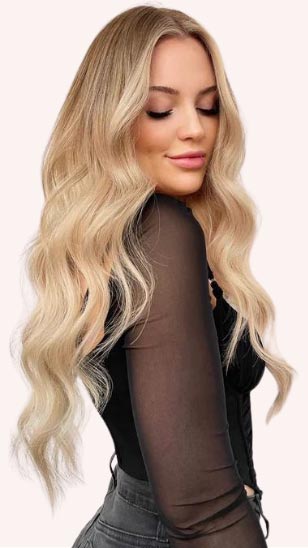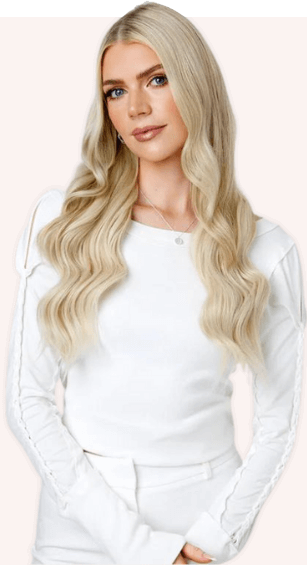Have you ever wondered why your hair sometimes feels lackluster, brittle, or difficult to manage? The answer might lie in the quality of the water you’re using. Hard water, a term often tossed around but rarely deciphered, could be the elusive factor behind your hair woes. Let’s dive into the riveting exploration of how hard water, the stealthy antagonist in our daily routine, can cast a spell on the health and appearance of our precious locks. Hard water, a term often tossed around but rarely deciphered, could be the elusive factor behind your hair woes.
I. What is Hard Water?
Hard water is water with an abundance of dissolved mineral content, the most common minerals being calcium, magnesium, and iron. The hardness of water is usually measured in terms of grains per gallon (gpg) or parts per million (ppm) of these minerals. The good news is that they are typically not harmful to your internal health. But when hard water is used for washing hair, it can lead to various issues, commonly referred to as “hard water hair.” The scalp in certain individuals can become irritated and inflamed, especially if you have a history of sensitive skin, psoriasis, or eczema.
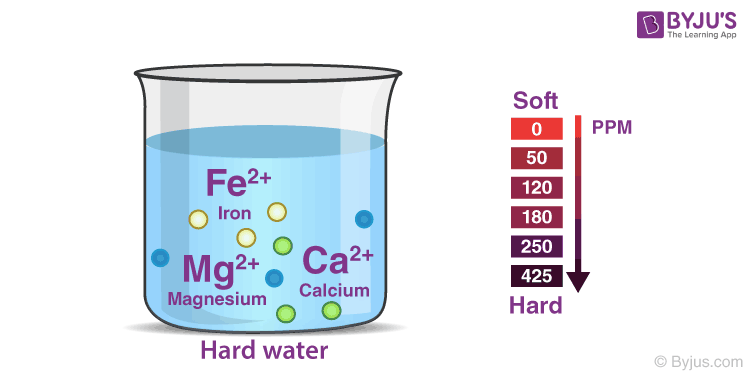
*Signs of Hard Water on Hair*
- Firstly, listen to your hair and pay attention to any abnormal issues, starting with changing hair color. Blondes have the downfall of showing metals in the hair while brunettes will only know by texture change. Blonde hair can start appearing anywhere from green-toned to brassy or metallic.
- We also suggest holding up your ends and examining the texture, which will feel very dry with a waxy buildup. If your ends are looking a little filmy and “Barbie-like,” that means your natural shine is being smothered by metal buildup.
II. How Does Hard Water Affect Your Hair?
Hard water also makes your current hair care less effective. The metal buildup can often prevent products from being able to function as they are made to do, so having a buildup on your hair is basically a shield against your regular shampoo, conditioner, hair masks, and even your styling tools. When hard water is used for washing hair, the minerals in hard water can react with the natural oils and products used on the hair, resulting in several potential problems:
1. Dryness and Frizz:
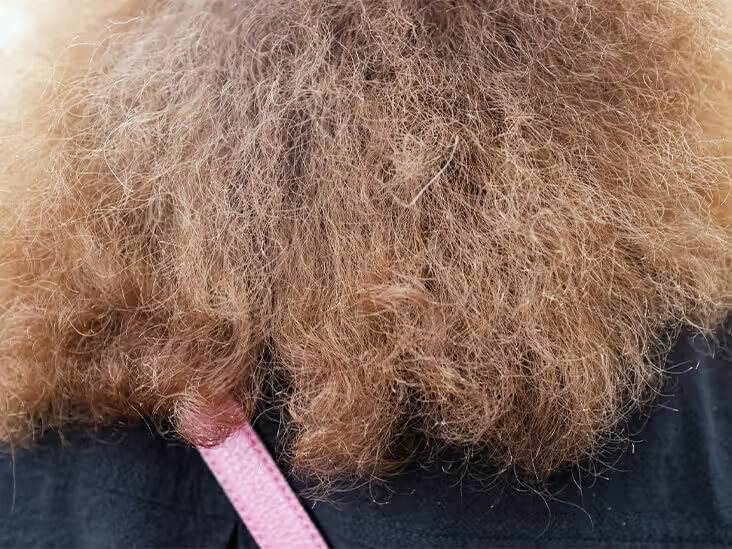
The minerals present in hard water not only affect hair moisture but also weaken the hair shaft itself. These minerals gradually accumulate on the hair, making it brittle and prone to breakage. Besides, hard water can strip the hair of its natural oils, leaving it dry and more prone to frizz. If you are curious about what is frizzy and the way to tame frizzy hair, you can read the blog to find out: What Causes Frizzy Hair & How To Prevent Frizzy Hair?
2. Dullness and Color Fading:
The minerals in hard water can create a film on the hair shaft, causing it to look dull and lackluster. It can make hair dull and brittle. Brittle hair is fragile and more likely to snap or split ends, leading to hair loss over time. If you color your hair, hard water can contribute to faster color fading, as the minerals may strip away some of the dye.
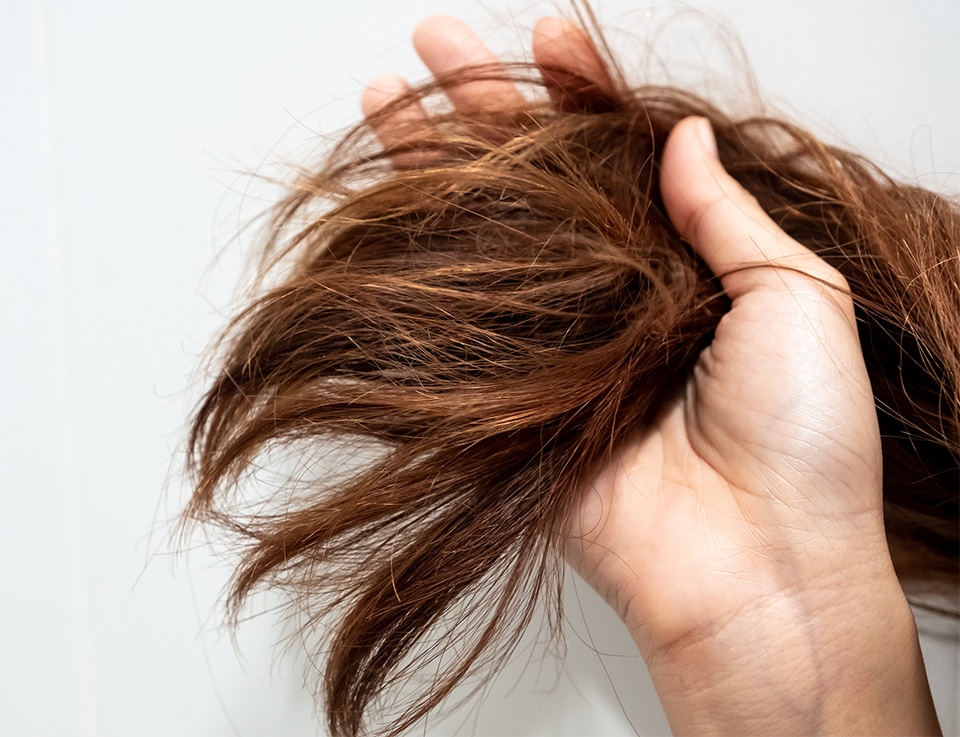
3. Buildup:
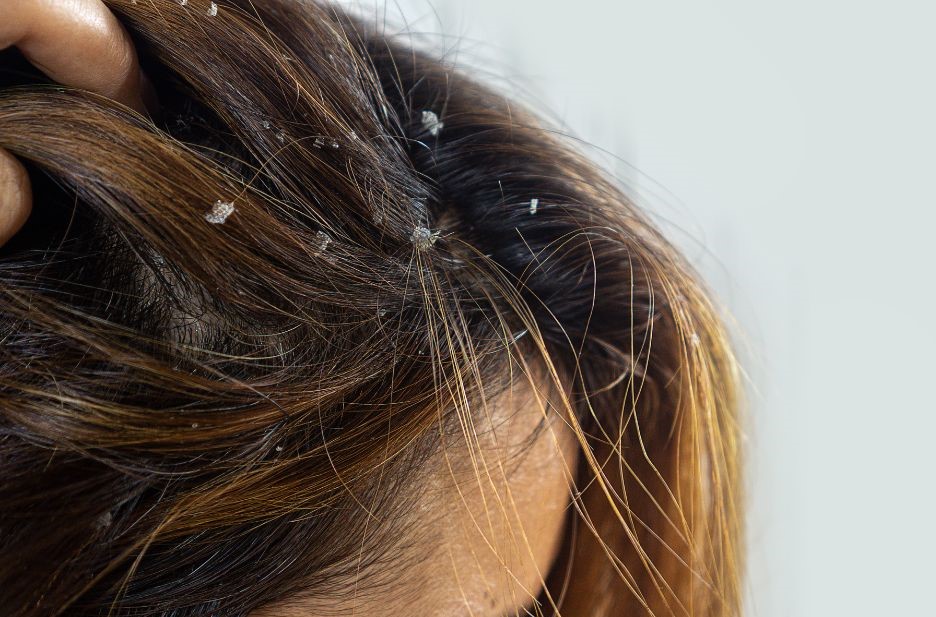
Over time, mineral deposits can accumulate on the hair, leading to buildup that makes the hair feel heavy and difficult to manage. The buildup can cause hair to be dry, brittle, more frizzy, and appear less clean and dull.
4. Difficulty in Lathering:
It can make it more challenging to create a good lather with shampoos and soaps, making it harder to cleanse the hair effectively.
III. Can Hard Water Cause Hair Loss?
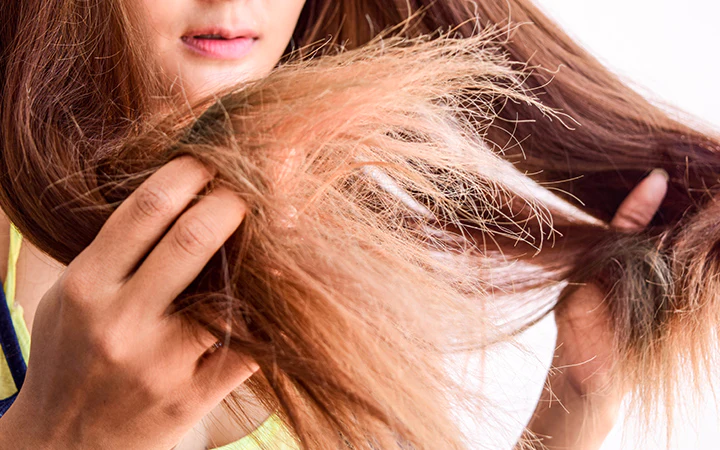
Is it bad for your hair? Let us embark on our exploration of this significant inquiry. Hard water contains calcium carbonate and magnesium sulfate, which can accumulate as deposits on the scalp. When these deposits amass on both the hair and scalp, they can impede the efficacy of any hair treatments employed. Additionally, hard water fosters the proliferation of bacteria and fungi on the scalp and hair, culminating in dryness, frizz, and breakage.
IV. Natural Hard Water Hair Treatments That Work
Applying a suitable remedy for hard water on hair can help mitigate the adverse effects caused by mineral deposits. There are a number of natural treatments that can help to remove minerals from your hair and scalp. Some of the most effective treatments include
Natural Hard Water Hair Treatments #1: Apple Cider Vinegar Rinse
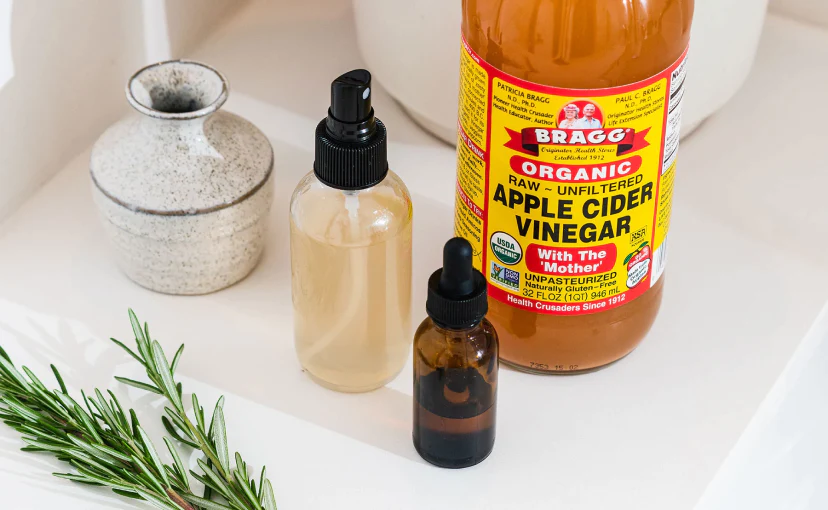
Apple cider vinegar possesses remarkable properties that can work wonders for your hair. As a natural chelating agent, apple cider vinegar has the ability to gently remove minerals and impurities that accumulate over time. This makes it an excellent choice for combating mineral buildup caused by hard water, styling products, and even pollution.
#2: Aloe Vera Gel
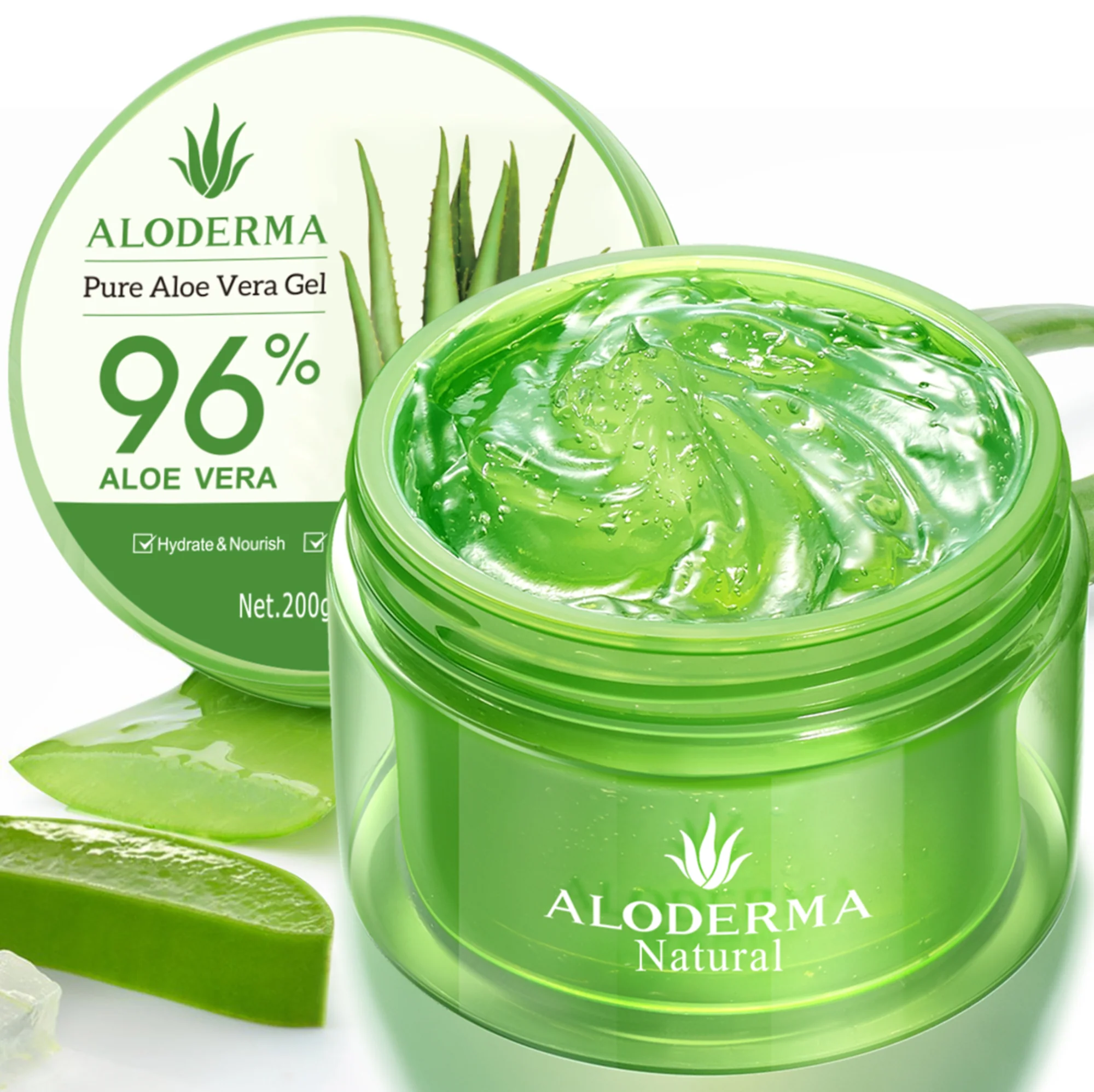
Aloe vera is a natural wonder when it comes to hydrating hair. Incorporating aloe vera gel into your hair care routine, you’ll experience a host of benefits. The hydrating properties of aloe vera will combat dryness and damage caused by hard water, leaving your hair softer, shinier, and more manageable. You can find out more about the magic of Aloe Vera in this blog: Aloe Vera for Your Hair: The Key To Achieving Hair Perfection
Natural Hard Water Hair Treatments #3: Coconut Oil
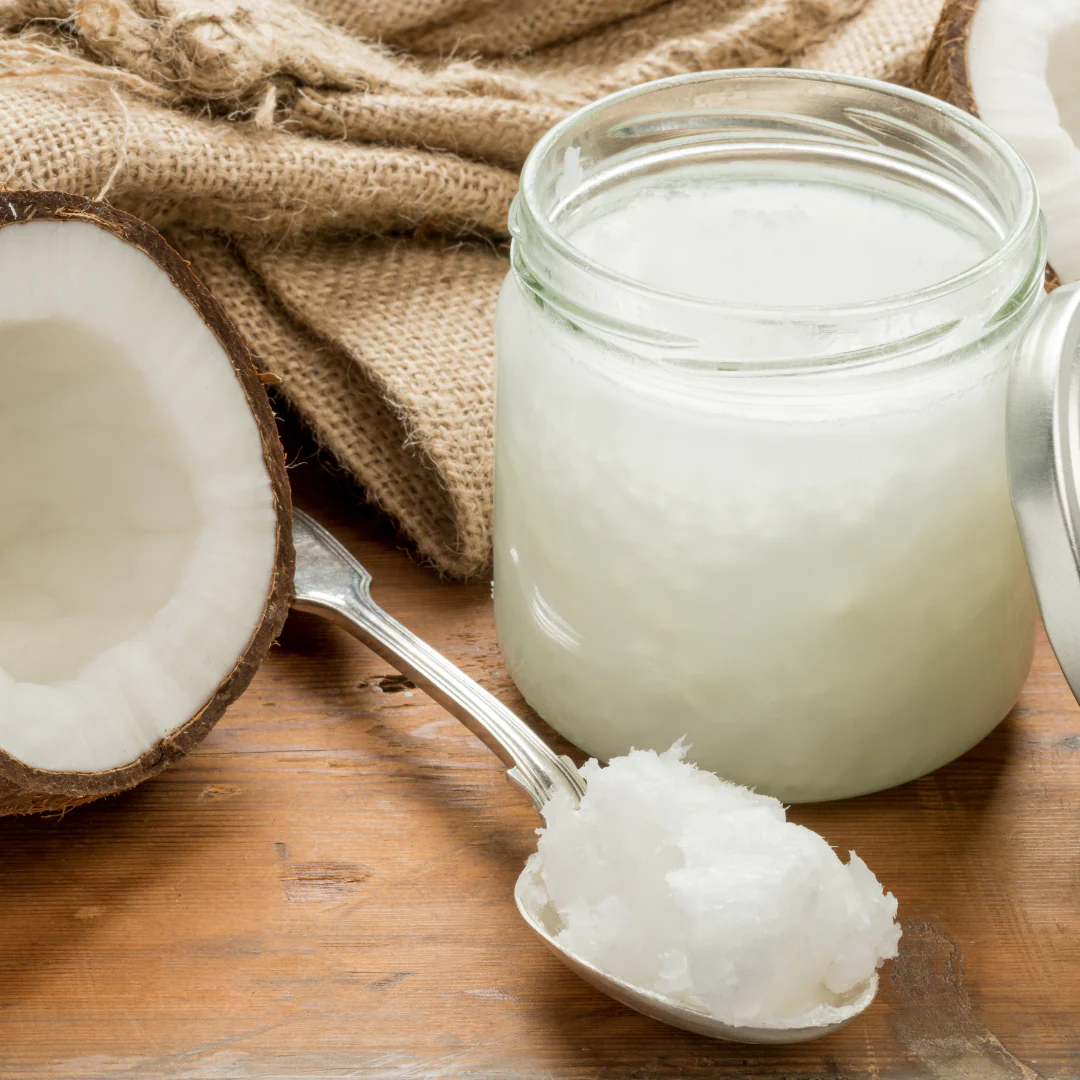
If you have hard water, a pre-shampoo coconut oil home remedy for hair may help combat its effects. Packed with essential fatty acids and nutrients, this natural wonder provides deep hydration to combat dryness and prevent damage. By incorporating coconut oil into your hair care routine, you’ll experience a myriad of benefits. The moisturizing properties of coconut oil combat dryness, reduce frizz, and enhance the overall health and appearance of your hair.
#4: Shea Butter
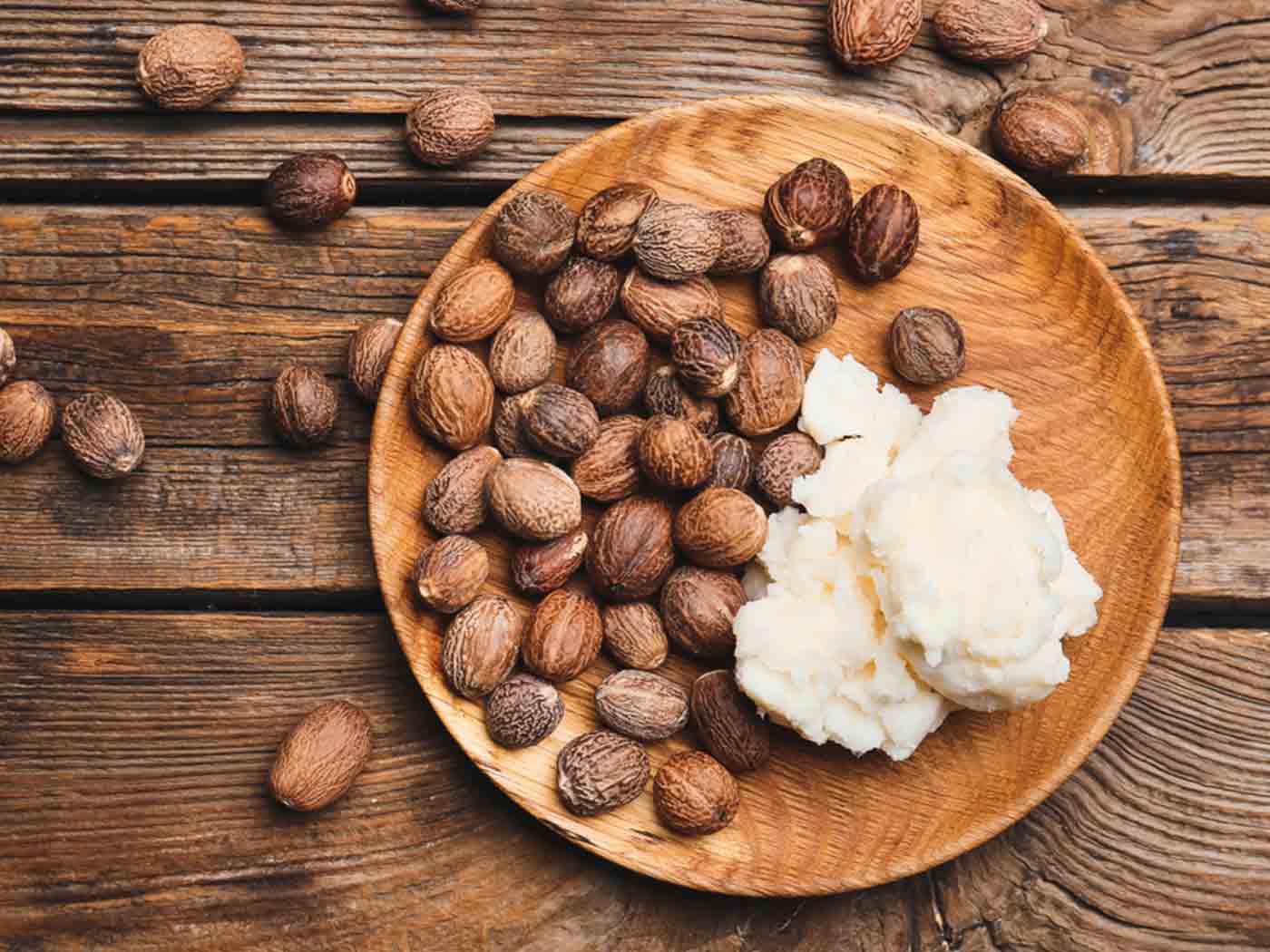
If you’re wondering how to get rid of hard water for your hair, there are various methods you can try, such as incorporating shea butter in your hair care routine. Shea butter, with its natural emollient properties, works wonders in protecting your hair from the harmful effects of hard water. Packed with vitamins A, E, and fatty acids, shea butter nourishes and shields your strands, leaving them soft, manageable, and resilient. Furthermore, shea butter can alleviate irritation of the scalp brought on scale. Since shea butter contains a lot of unsaponifiable compounds with powerful anti-inflammatory and antioxidant qualities, it can be used to treat irritated scalp.
V. Conclusion
In conclusion, the impact of hard water on your hair is undeniable, and understanding its effects can help you take steps to mitigate potential damage. Hard water, with its elevated mineral content, can lead to dryness, dullness, and increased hair breakage. The minerals create a film on the hair, making it difficult for moisture to penetrate and leaving the strands looking lackluster. Ultimately, by being aware of the challenges posed and adopting the right hair care practices, you can keep your locks healthy, shiny, and resilient.


 BEST SELLING PRODUCTS
BEST SELLING PRODUCTS Wig Hair
Wig Hair WHOLESALE
WHOLESALE Contact us
Contact us Sale Events
Sale Events